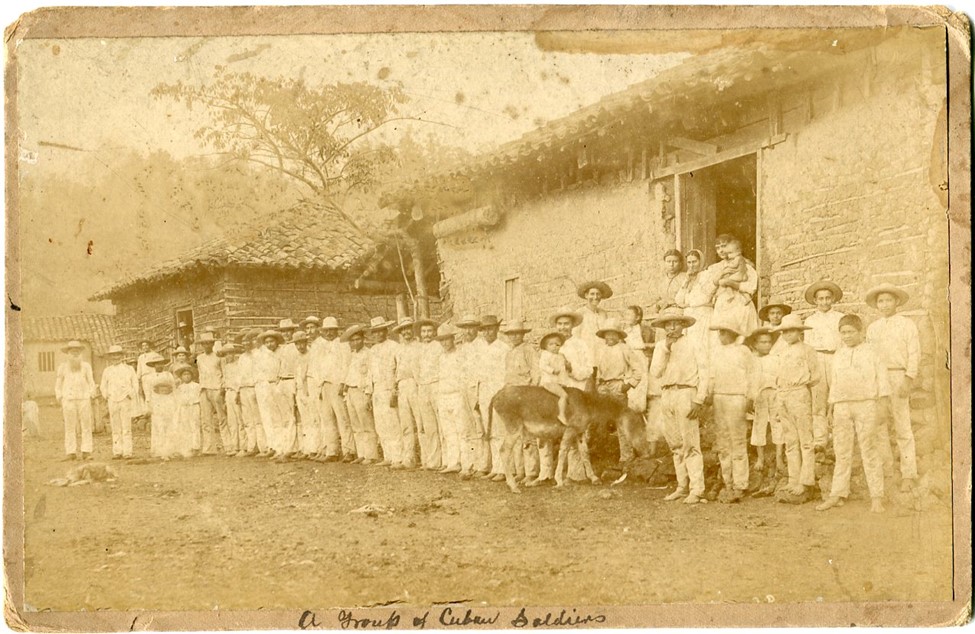
Primary Source Intro:
The United States women’s suffrage movement spanned from 1848-1917. This document stems from a meeting of the New England Woman Suffrage Association. The group was formed in 1868 following a split from the larger suffrage movement to focus solely on women’s rights, rather than both women’s and African American enfranchisement. The New England Woman Suffrage Association’s sole focus on white women’s rights influences the point of view in this document. This source offers the opinions of those who feel the enfranchisement of white women is more important than those in other groups. This largely influences their opinions and statements regarding the rights of other groups, such as the Cuban people. The New England Woman Suffrage Association’s sole focus on white women’s rights offers a supremacist perspective due to their belief that white women are more fit for government and enfranchisement than other people.
The suffrage movement and many associated groups supported the United States government as their intervention into the Cuban Revolution from Spain appeared impending. While this support was seen in various ways, some women believed that support for the war might lead to their enfranchisement; however, others thought it might set back the suffrage movement. This source is an excerpt from a meeting of the New England Woman Suffrage Association in 1898. The meeting notes focus on how Cubans, a group of less qualified persons for self-government according to the group, will acquire full voting and governmental rights prior to white women in the United States in the event of a successful revolution.
The New England Woman Suffrage Association make connections to successful military endeavors by both Cuban and US women to support their enfranchisement. While Cuban women fought alongside men during the revolution, in the history of the United States, many women at this time were disqualified or turned away from the military. These actions perpetrated the fallacy that women are not fit for fighting or military service. This meeting excerpt highlights how some groups, such as the suffragists, utilize larger hardships to support their personal agenda. This document offers an interesting perspective regarding how larger social movements in the United States view and act in concern of global events and their repercussions.
Citation:
New England Woman Suffrage Association, Suffrage Meeting Excerpt, 1898, In American Empire at the Turn of the Twentieth Century: A Brief History with Documents, Edited by Kristin L. Hoganson, Boston, Bedford/St. Martin’s Press, 2017